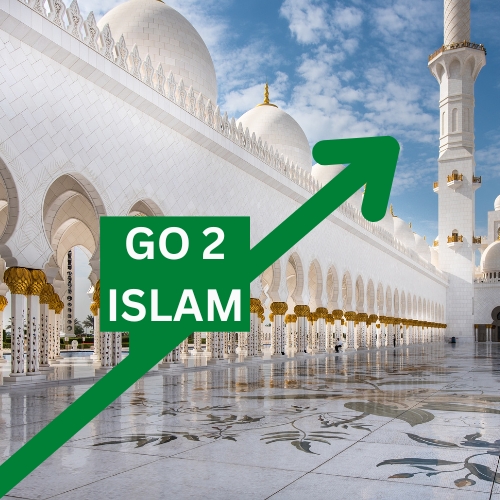The mosque, also known as the masjid in Arabic, plays a central role in Islamic culture and society. It is not only a place of worship but also serves as a social, educational, and community center for Muslims.
One of the primary functions of the mosque is to provide a space for Muslims to perform their daily prayers. Muslims are required to pray five times a day, and the mosque provides a space for congregational prayer, especially on Fridays. The imam, or prayer leader, leads the congregational prayers and delivers a sermon on Fridays.
Aside from prayer, the mosque also serves as a center for education. Many mosques offer classes on Islamic history, theology, and jurisprudence. A mosque is also a place for Quranic study and memorization. Children attend Islamic schools, known as madrasas, where they learn about Islamic principles and values.
The mosque also plays a social role in Muslim communities. It is a place for Muslims to gather and socialize with one another. Many mosques hold community events, such as dinners and festivals, to celebrate Islamic holidays and special occasions.
In addition to prayer, education, and socialization, the mosque also plays a role in providing charitable services to the community. Muslims are encouraged to give to charity and many mosques have programs to provide food, shelter, and other basic needs to those in need.
Overall, the mosque plays a central role in Islamic culture and society. It serves not only as a place of worship but also as a social, educational, and community center for Muslims. The mosque provides a space for Muslims to connect with one another and with Allah, and it plays an important role in shaping and reinforcing Islamic values and principles.

